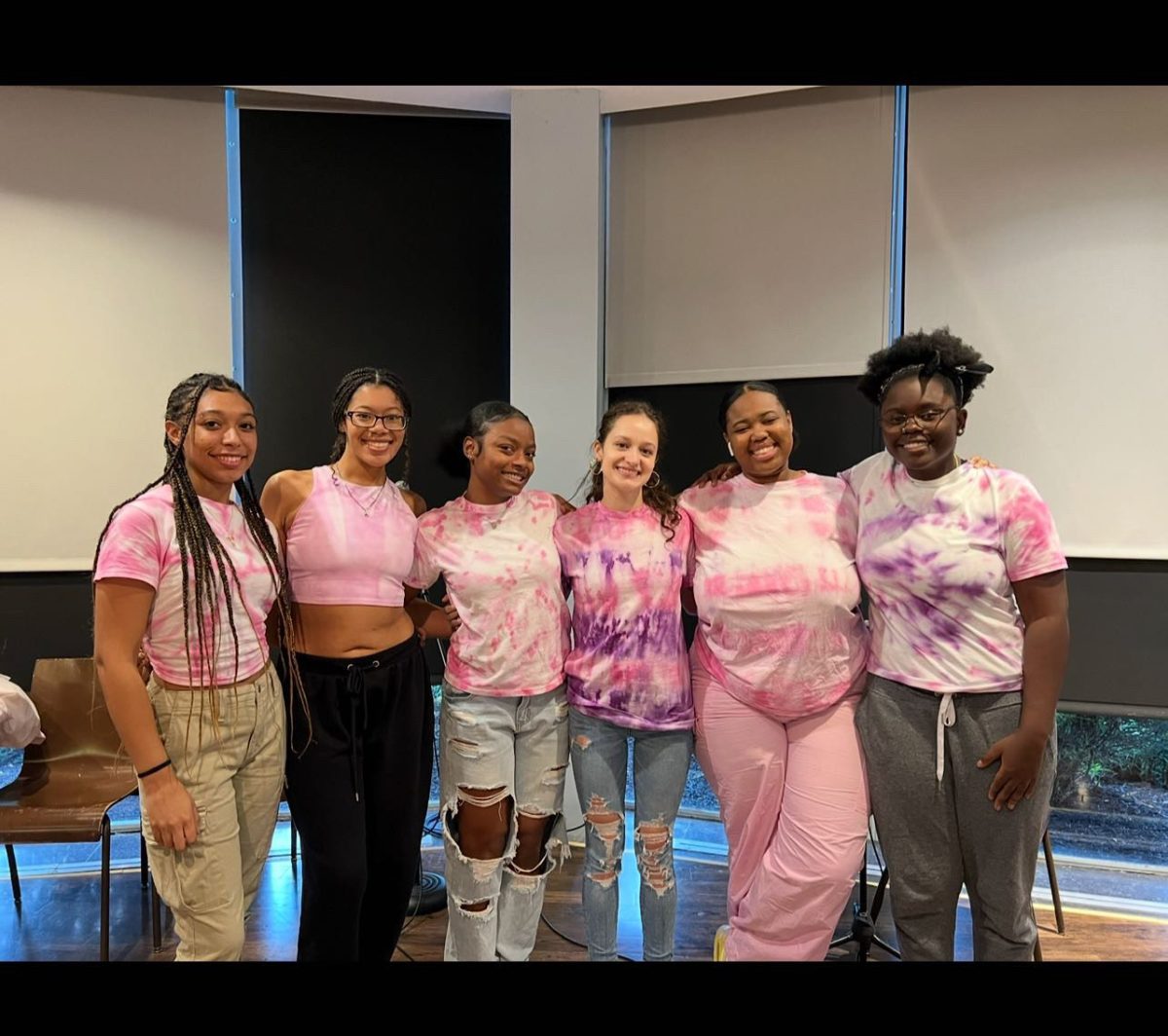Throughout history, theater has been a major form of both communication and storytelling. Dating from the ancient Greeks to the present, theater has shown great impact on society.
Due to the coronavirus pandemic, theaters have had to reimagine the messages they wish to convey to their audiences in a safe way.
Many theaters around the world have begun to wonder if gathering all together is even a possibility and while some have found new ways to work around that troublesome fact, others have not.
According to a recent NPR article, the show must go on despite the challenges that theaters worldwide continue to face in light of the COVID-19 pandemic.
Social distancing in regards to theater is extremely difficult especially when the goal of theater is to convey a message to the audience. A quote from NPR demonstrates the difficulty of this challenge.
“There’s no such thing as social distancing in theater,” Actors’ Equity Union president, Kate Shindle said. “You’ve got dancers who are doing lifts, people who are standing across from an actor, giving a passionate monologue and there’s spit coming out of their mouth, or they’re kissing.”
From large theater companies around the world to Utica College’s theater department, this form of art has been pushed to the sidelines. Despite the challenge, that is not stopping individuals from creating new ways to reach their audiences.
“Theatre folks have also innovated massively with a wide variety of theatrical content in the digital world,” UC Theater Department head Laura Salvaggio said. “It’s not pure theater, but some very interesting projects have developed to circumvent the current limitations on theatre.”
In addition to the complexity of the pandemic and finding ways to reach audiences, licensing companies have had to adjust their policies and customs as well.
“Theatre licensing companies have also had to innovate how they operate to suddenly accommodate various kinds of streaming rights rather than just live performance,” Salvaggio said. “I think there are many ways that will continue to offer new possibilities in the future.”
Developments to the way in which theater is performed as well as the personal protective equipment have been exponential in terms of rapid growth but theaters are still unable to perform to a live audience.
“Every summer since I turned 12 I had participated in a summer theater group and because no one was allowed to have live theater anymore,” Senior Katherine Burritt said. “I missed out on something that was a tradition to me. It was a very weird feeling not being able to go and see the friends I had made over the years or feel the joy of putting on a good show every year.”
The impact of theater is vast, both on the audience and the actor. Though the pandemic may discourage those that are passionate about theater and the art of storytelling, it has not stopped them.
“There are some things the industry has put in place to help support our own,” Salvaggio said. “The Broadway costumers have all been working on making PPE since it first became obvious there was a shortage, and their development of the “singers mask” has been fascinating to watch too.”
Many individuals who remain committed to theater are keeping their spirits high by remaining open-minded about the future and the new techniques that are implemented into the future production of shows.
“I know it will be a long time before theater can be put back on the stage in front of an audience so companies will have to continue to find new ways to perform,” Burritt said. “There will be some that just stay dormant until the pandemic is over but others have been coming up with ideas on how to creatively put on a show over the internet.”
Though the production of live theater is dormant, individuals who long to see productions on stage again are working to find ways in which to do so. Utica College’s theater department, for example, has discovered a way to have a COVID-19 safe production by enabling the services of WPNR, the college’s radio station.
The theater department will have their first production on air on Oct. 30 and all are encouraged to engage in this extension of theater.
“Theatre will survive this pandemic,” Salvaggio said. “The same way it has survived every other plague. We hide underground until it clears and develop new work to present explosively when we can have an audience again.”






































































































































